detail profile alexandr gromov
Peran Yang Di Mainkan Alexandr Gromov
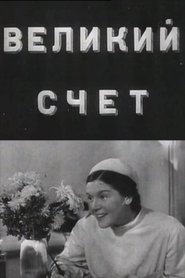 A feature film that depicts scenes...
A feature film that depicts scenes...The Great Count 1938
A feature film that depicts scenes from the census of Imperial Russia in 1882 and the upcoming census of the Soviet Union as of January 17, 1939. The census takers interview citizens, fill out census forms in the homes of urban residents, collective farmers, and among the guests of the "Moscow" hotel.
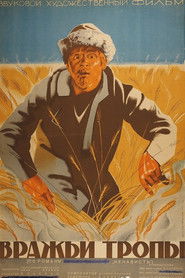 In a Kazakh village at the...
In a Kazakh village at the...Paths of Enemies 1935
In a Kazakh village at the beginning of Soviet power, a wealthy kulak (landowner) voluntarily denounces his opposition to the new regime and hands over his large home to be a new school for the children of the villagers. But three people in the village have difficulty believing that their class enemy is now their friend.
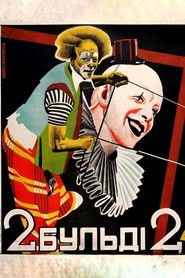 Naturally the circus milieu of 2 Buldy 2 1929...
Naturally the circus milieu of 2 Buldy 2 1929...Two-Buldi-Two 1929
Naturally, the circus milieu of 2 Buldy 2 (1929) encourages stunts. A father and son, both clowns, are to perform together for the first time, but the civil war separates them, and the elder Buldy, tempted for a moment to acquiesce to the White forces, casts his lot with the revolution. At the climax Buldy Jr. escapes the Whites thanks to flashy trampoline and trapeze acrobatics; the gaping enemy soldiers forget to shoot.
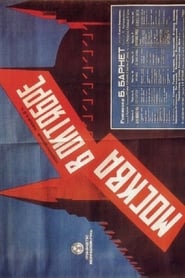 October reflects a general attempt in...
October reflects a general attempt in...Moscow in October 1927
October reflects a general attempt in Russia to sustain the frenzy and dynamism of revolutionary fervour. This attempt increased in scale and ambition as they pushed it further, resulting in the theatricalisation of life. In other words, the boundaries between real events and fabricated drama became blurred as the portrayal of life became more exaggerated. It is important to remember that the film does not represent what actually happened during the 1917 Revolution, but is rather an adaptation.
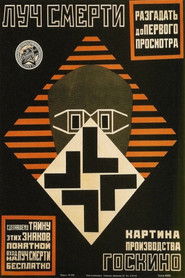 In a capitalist country workers are...
In a capitalist country workers are...The Death Ray 1925
In a capitalist country, workers are heavily repressed but manage to get a "death ray" to fight back. (A part of the movie is lost.)
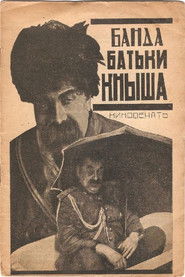 Silent film set in 1919 during the...
Silent film set in 1919 during the...Banda batki Knysha 1924
Silent film set in 1919 during the Russian Civil War. The Red Army liberated a small town, but a unit of White Russians is still operating in the suburbs. A group of Red Army officers are posing as a gang of Batka Knysh to provoke the White Russians before the final blow.
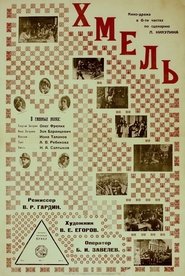 Revolutionary melodrama based on Lev Nikulins...
Revolutionary melodrama based on Lev Nikulins...Ataman Khmil' 1924
Revolutionary melodrama based on Lev Nikulin's story "Хміль". 1917. The main character of the film - a "bourgeois intellectual" - does not sympathize with any side and avoids revolutionary events. However, as a result of a series of adventurous adventures, love intrigues and communication with the people, he goes over to the side of the proletariat.
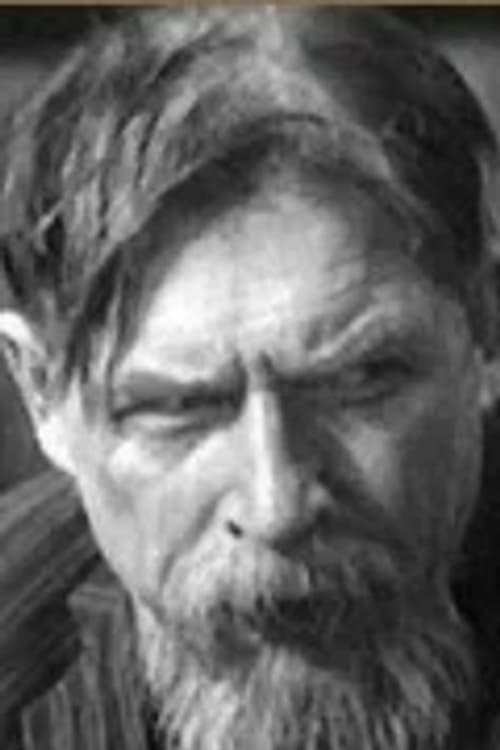
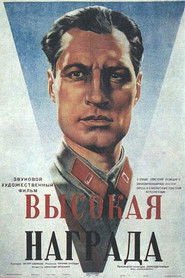
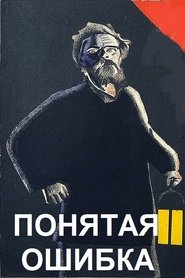 The film tells about the class...
The film tells about the class...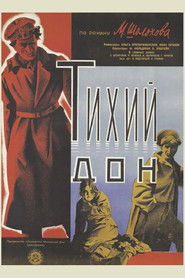 The first screen adaptation of an...
The first screen adaptation of an...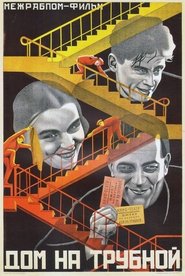 Life is short and full of...
Life is short and full of...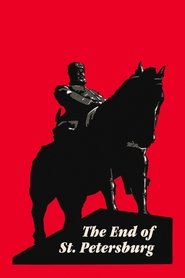 Shortly before the outbreak of WWI...
Shortly before the outbreak of WWI... Two country boys move to Moscow...
Two country boys move to Moscow...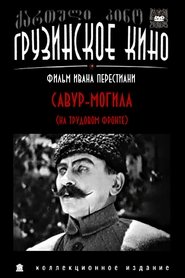 At a military demonstration Red Imps...
At a military demonstration Red Imps...